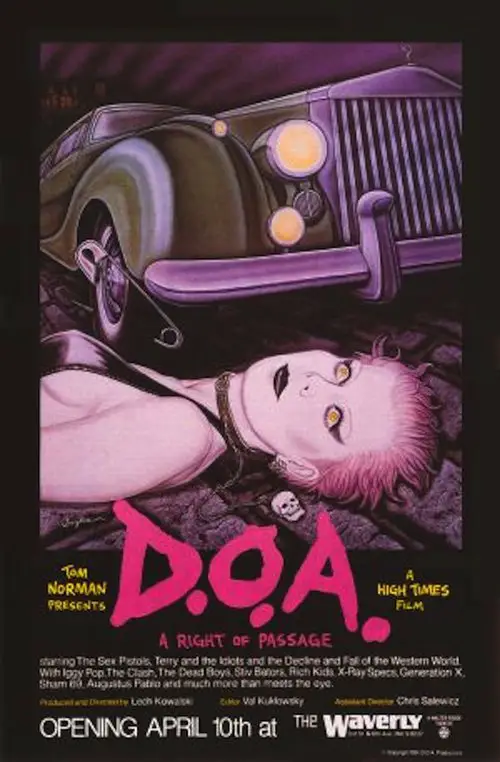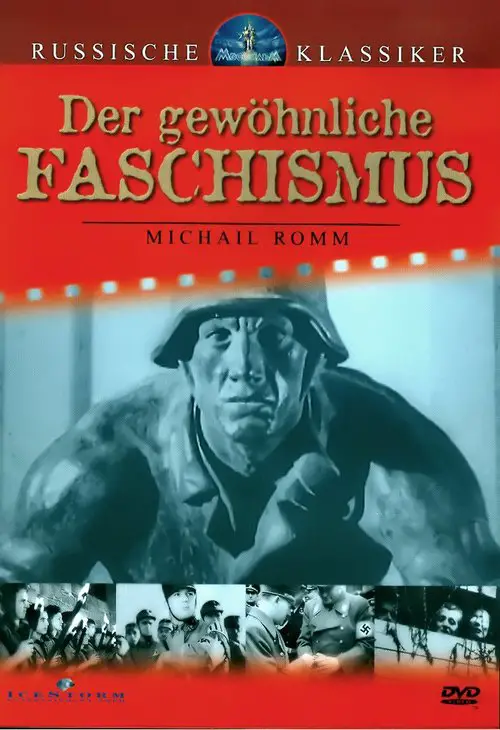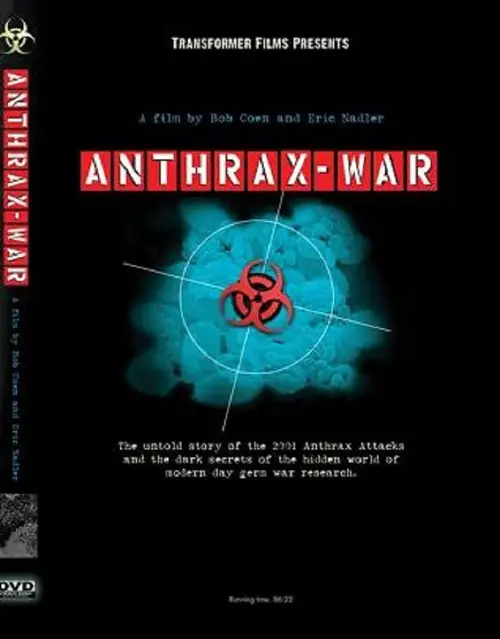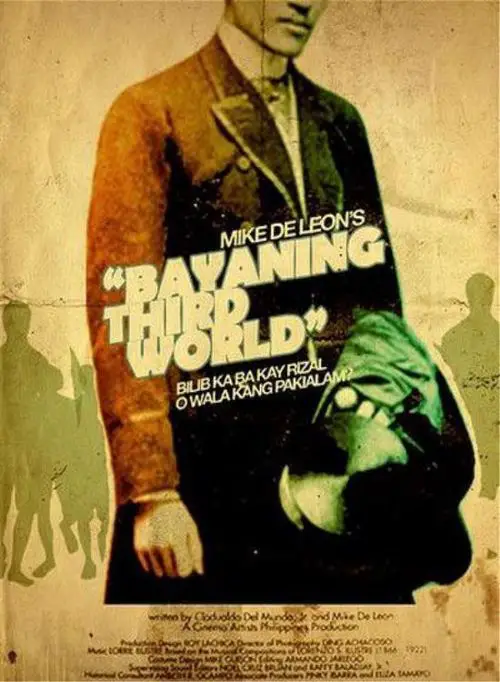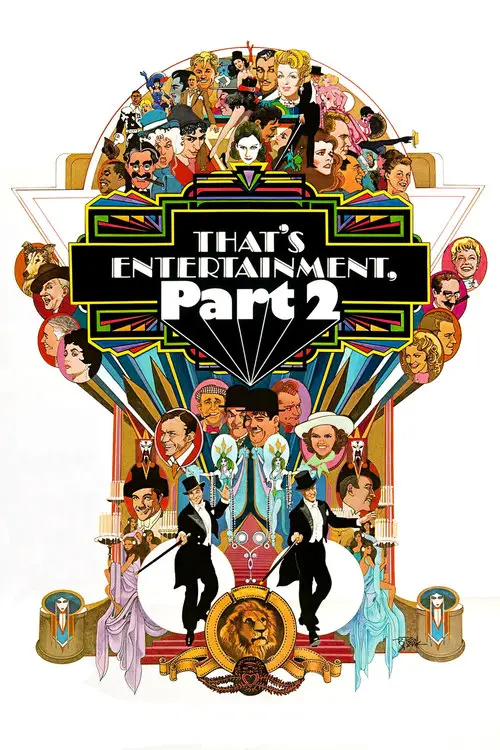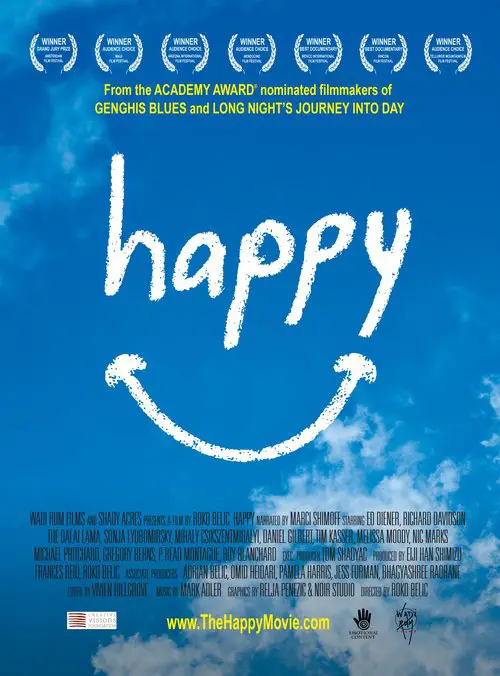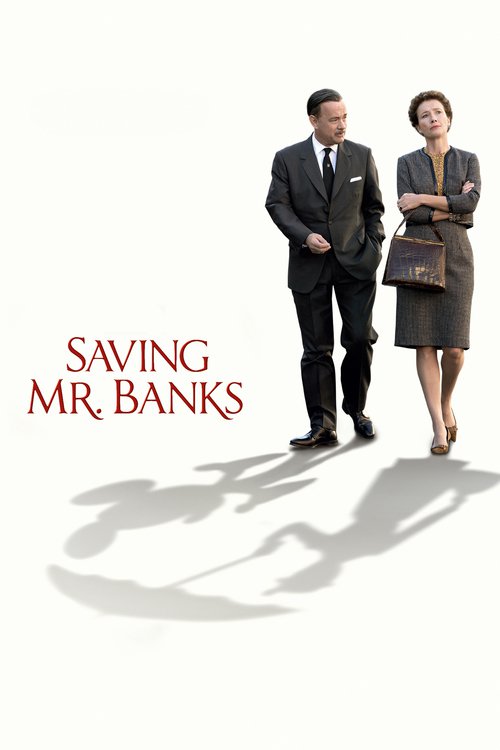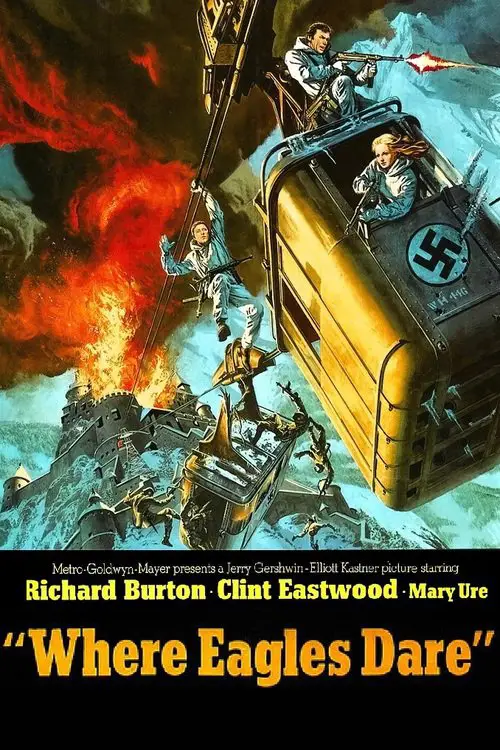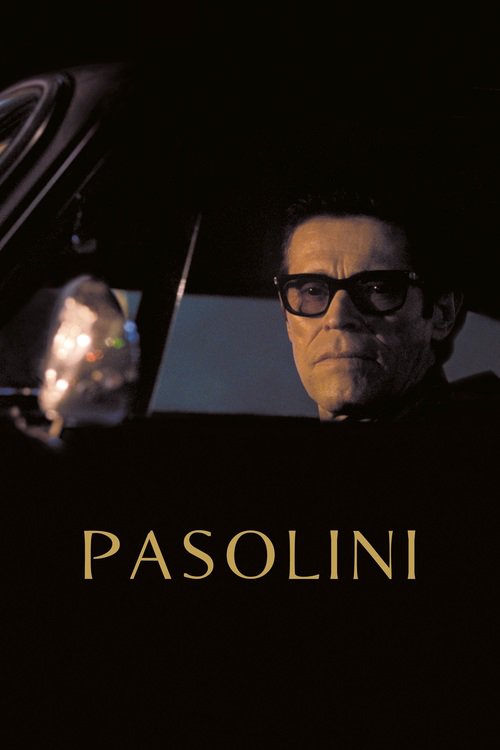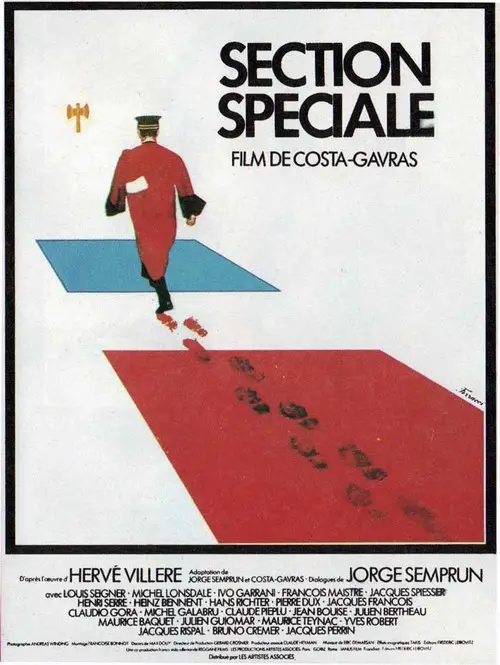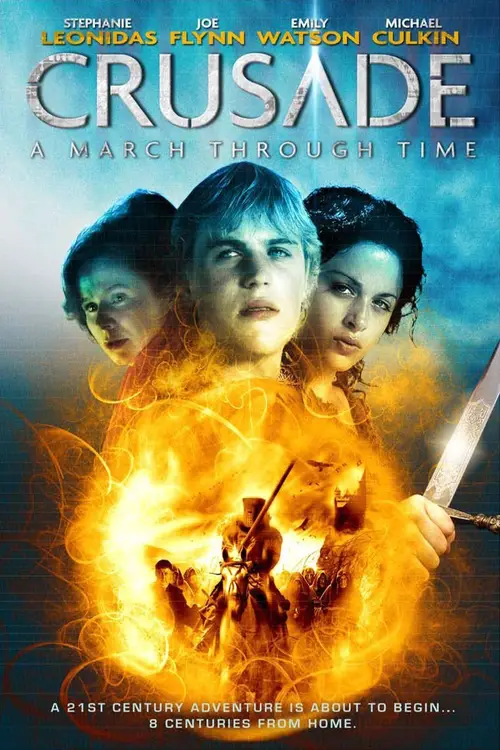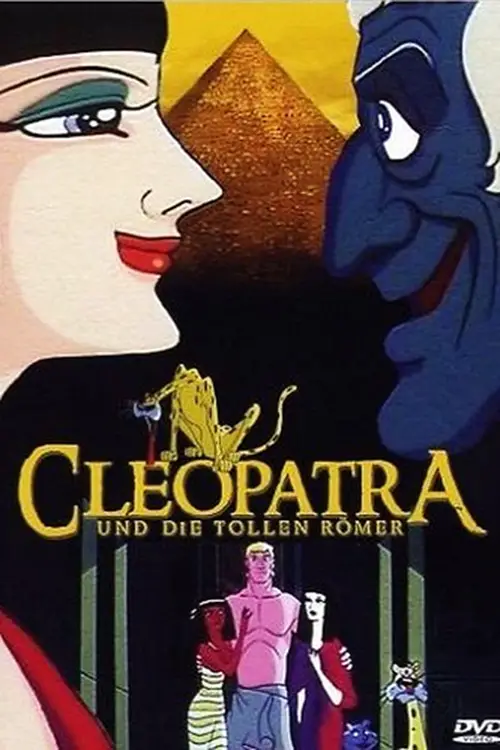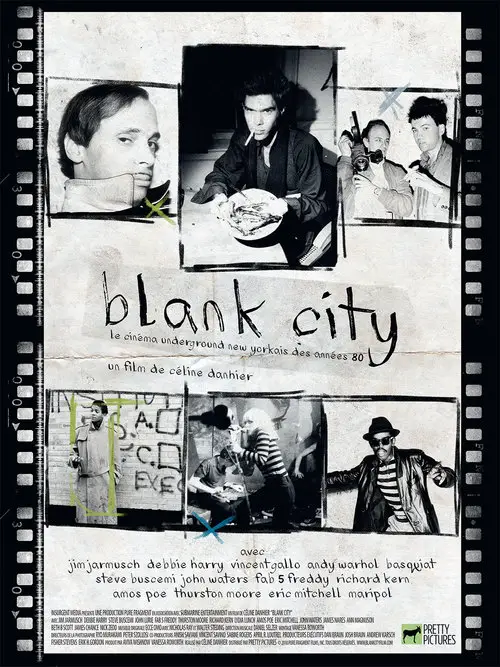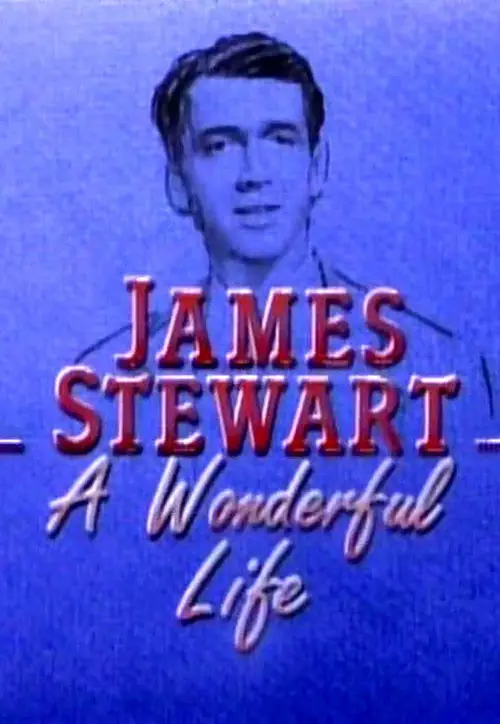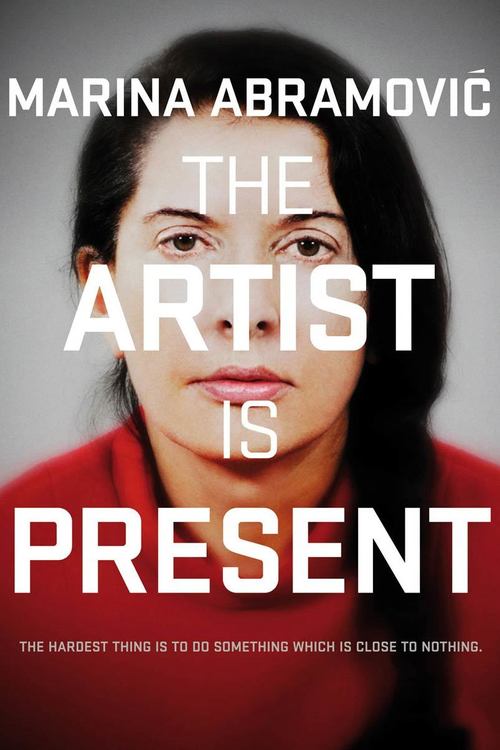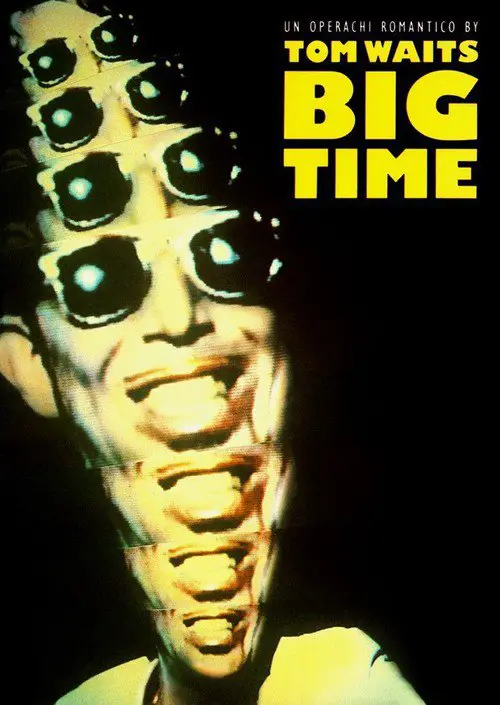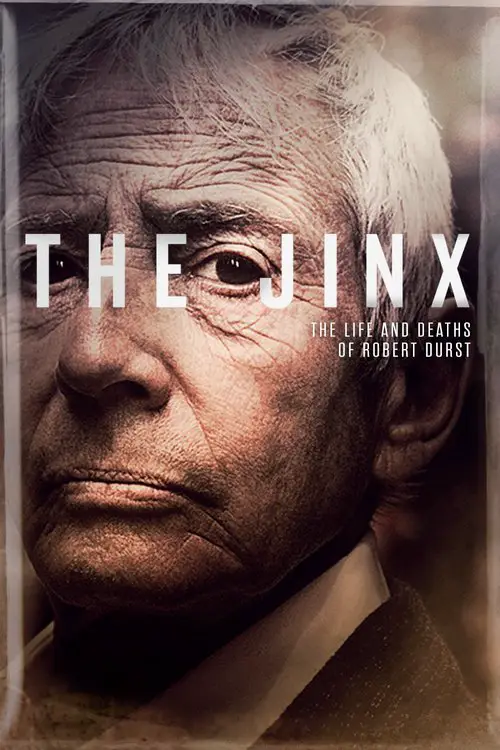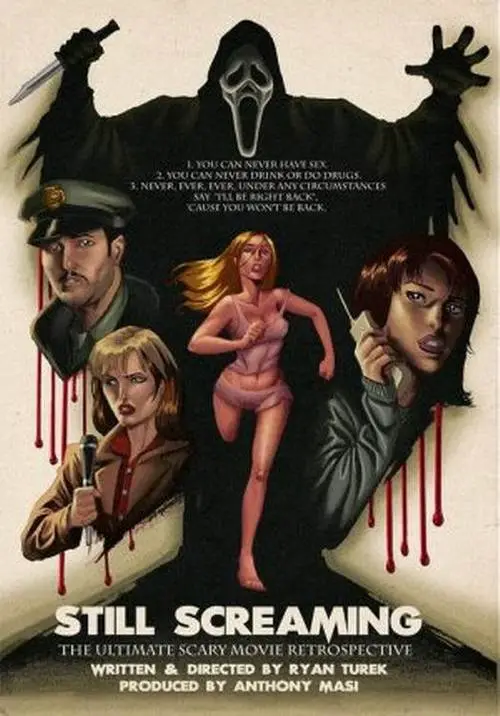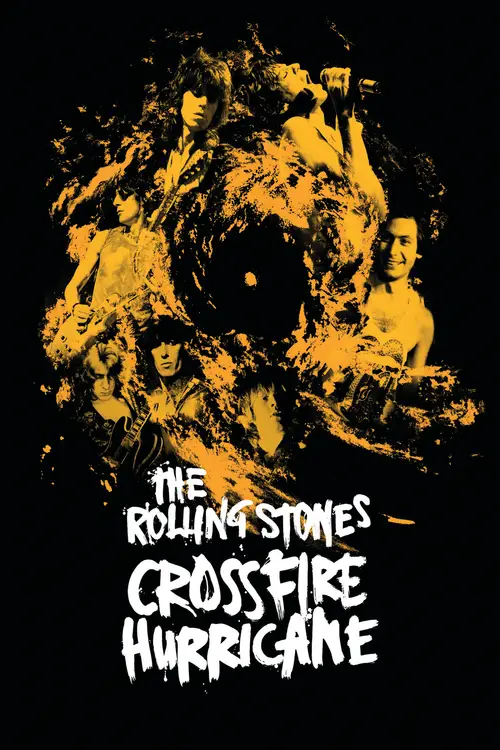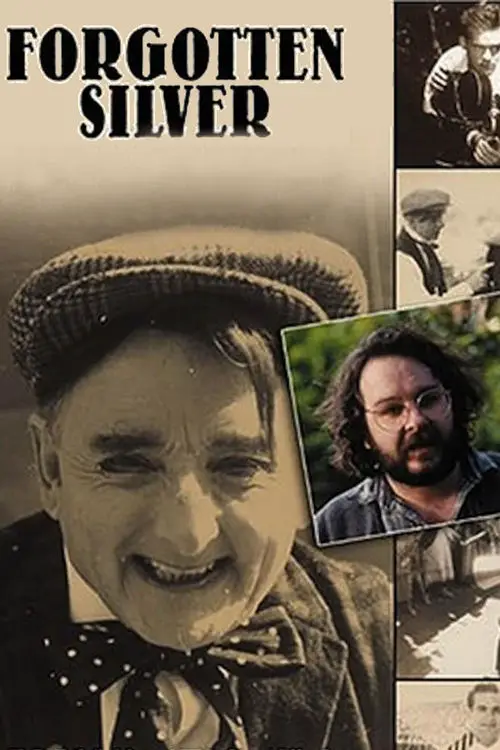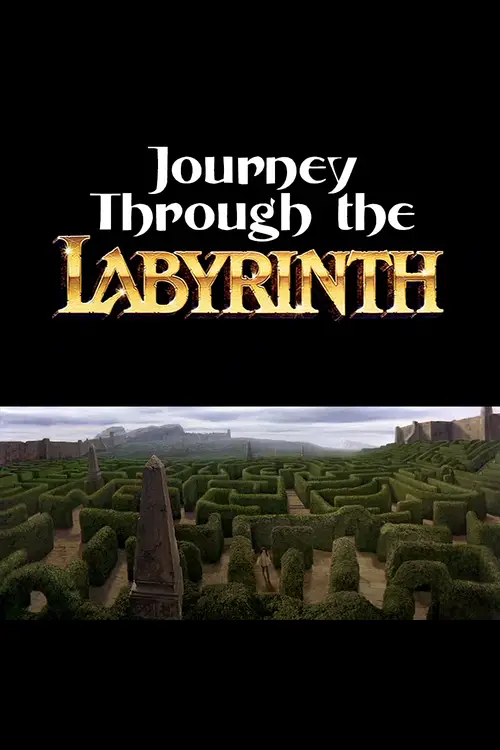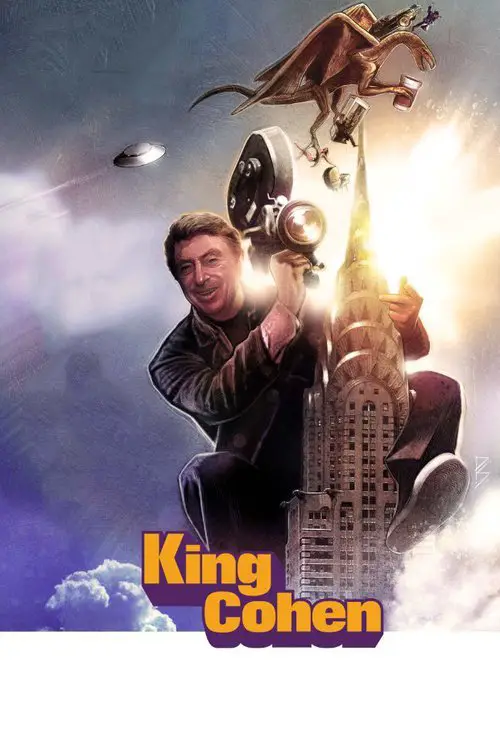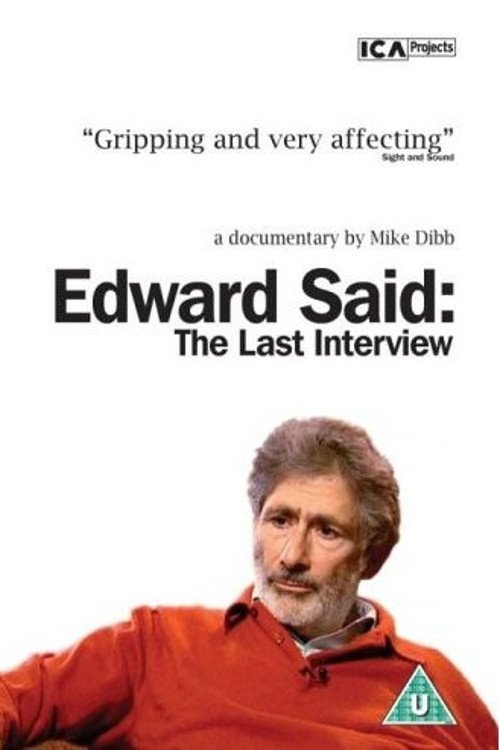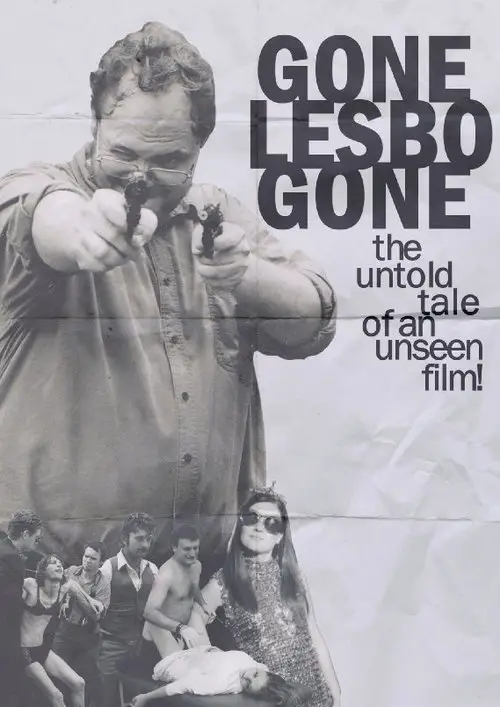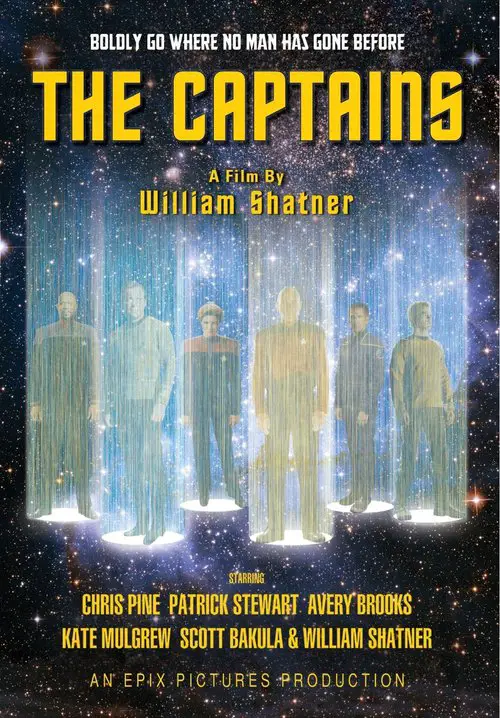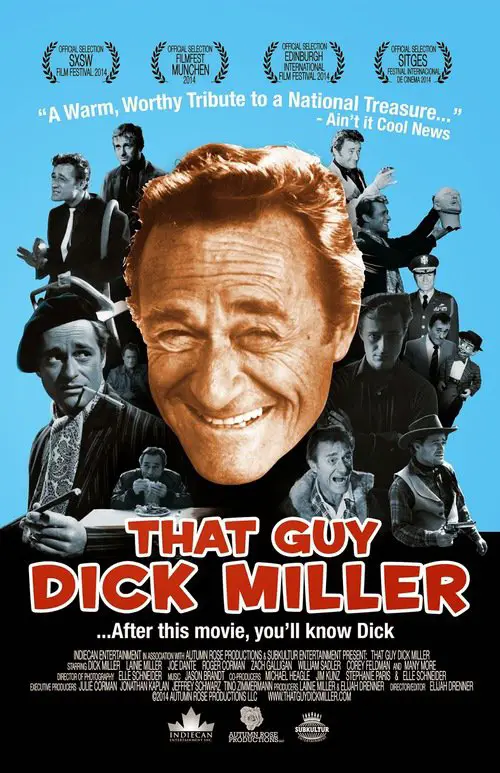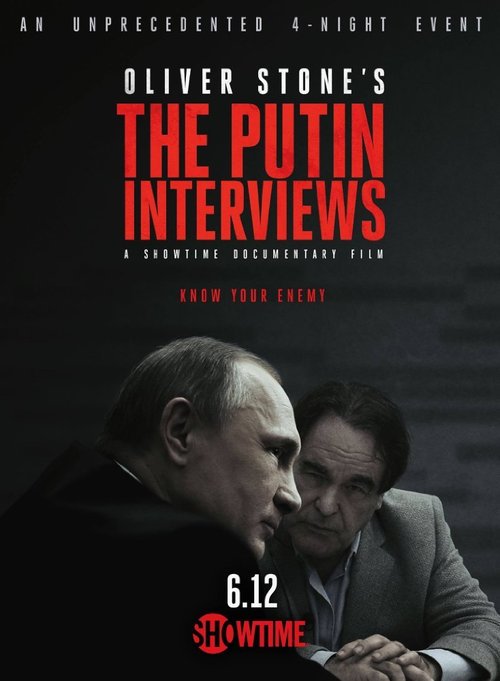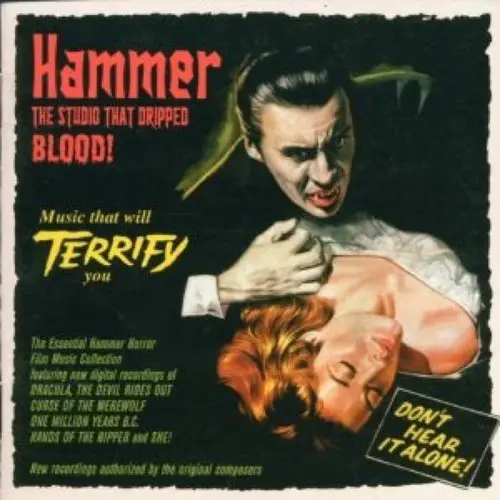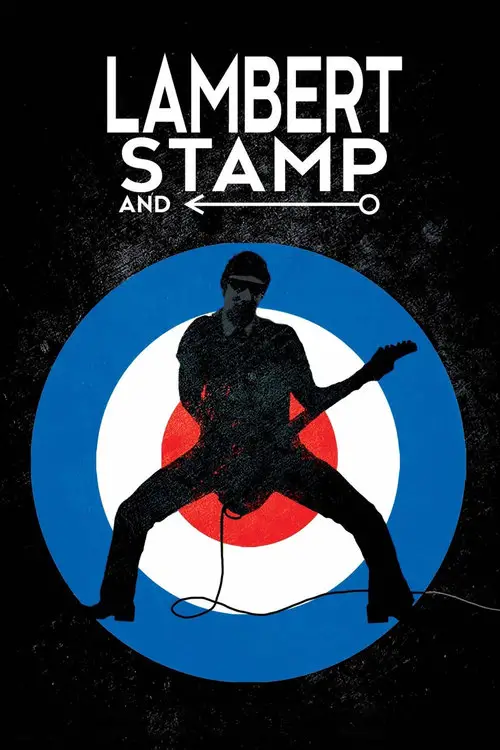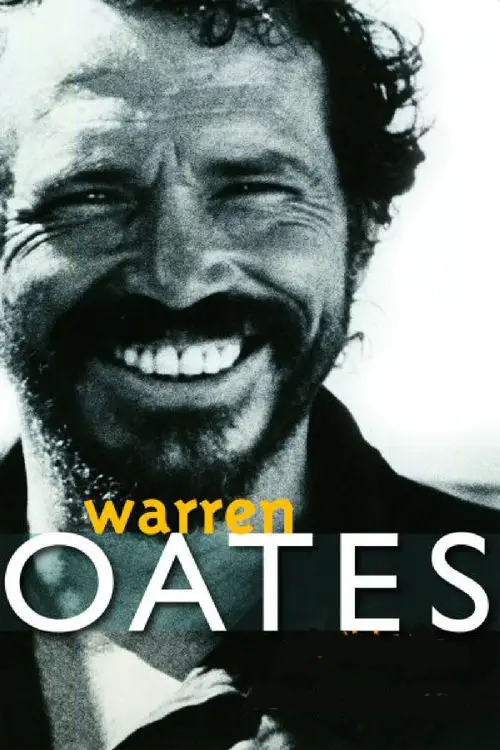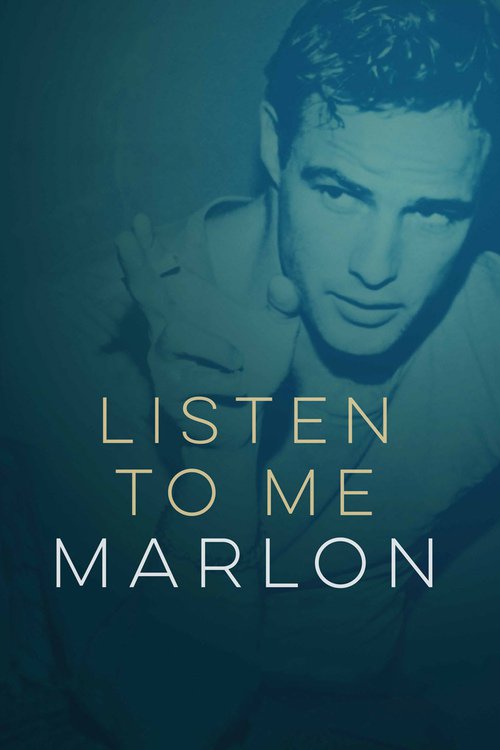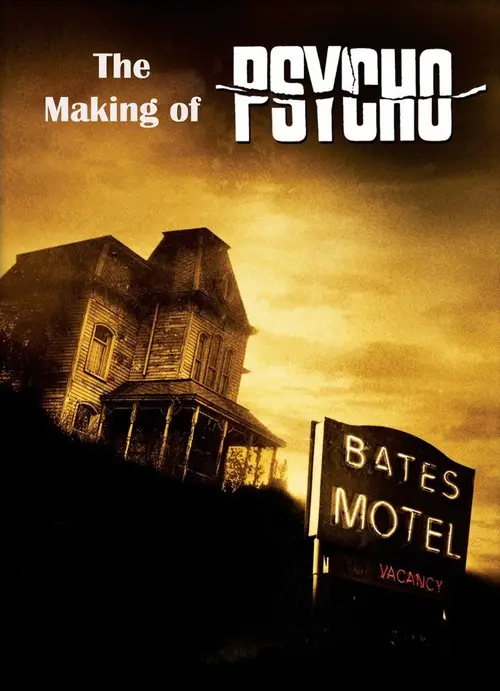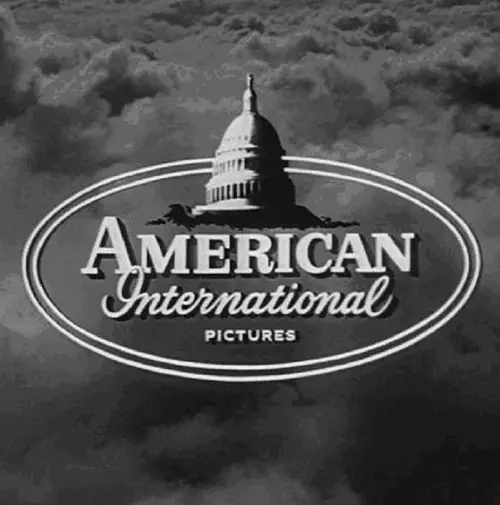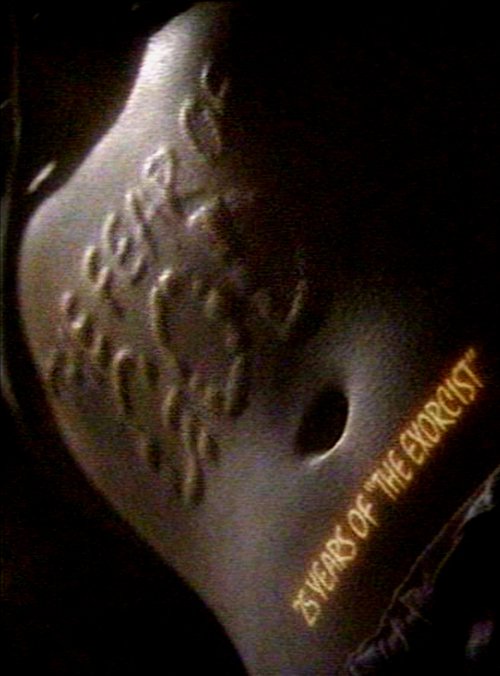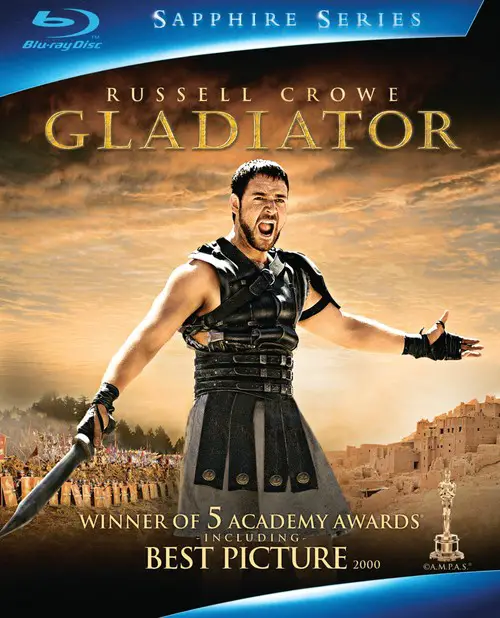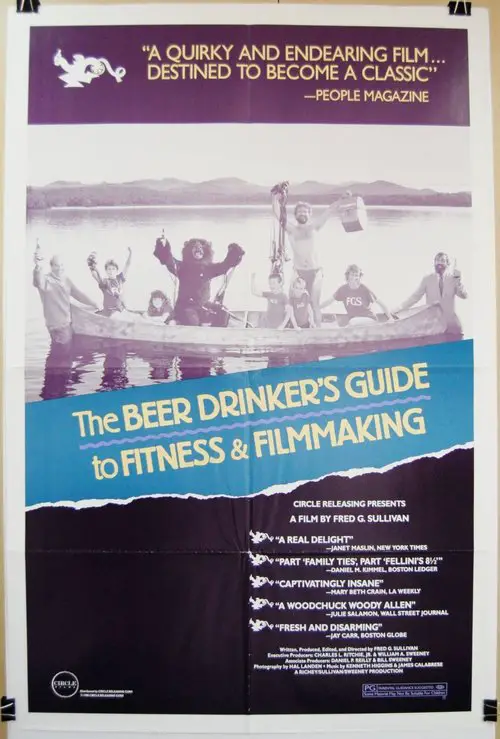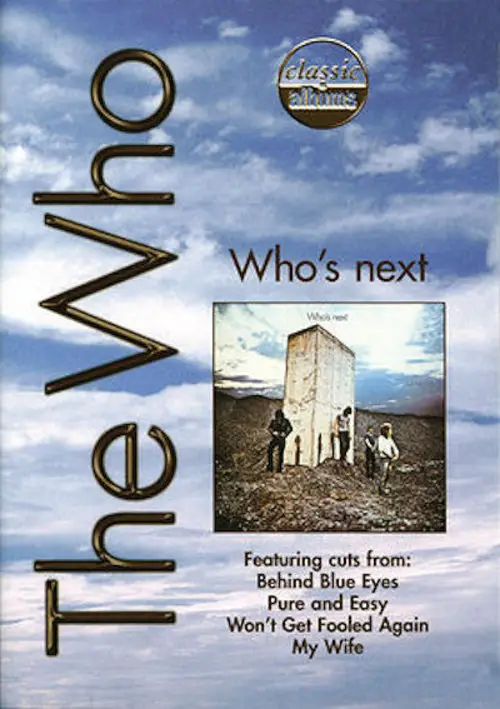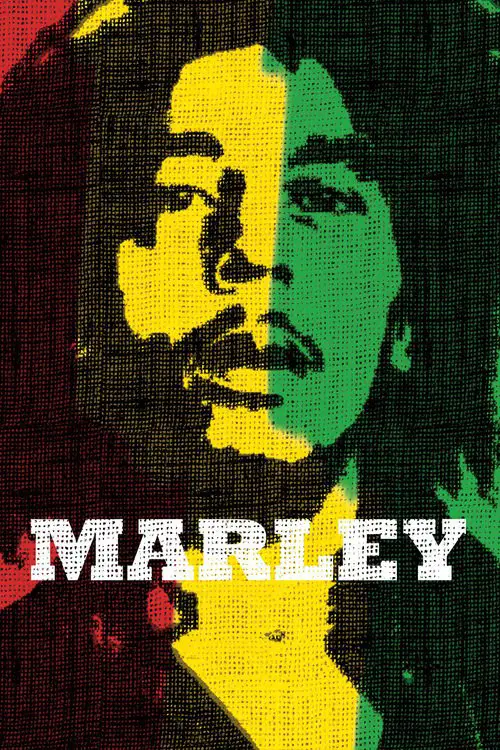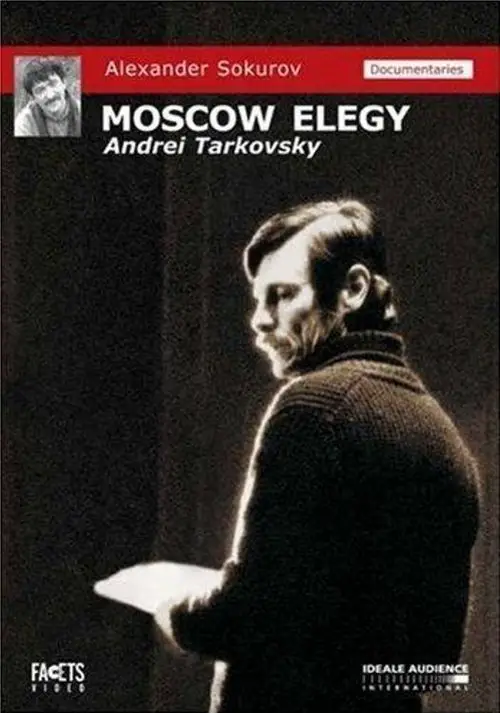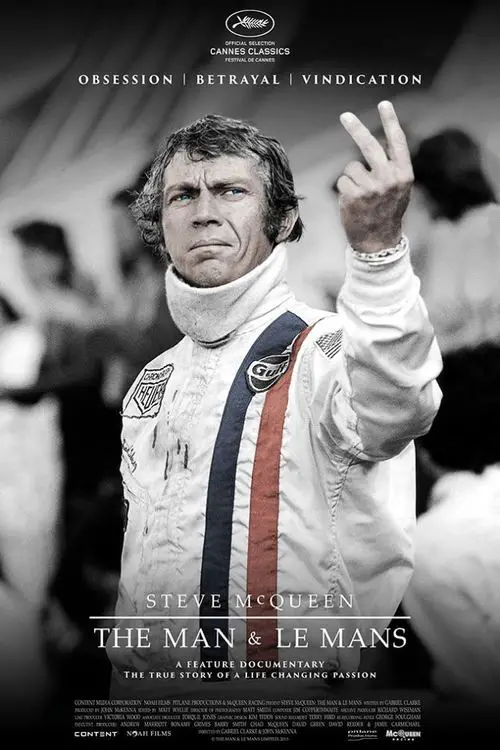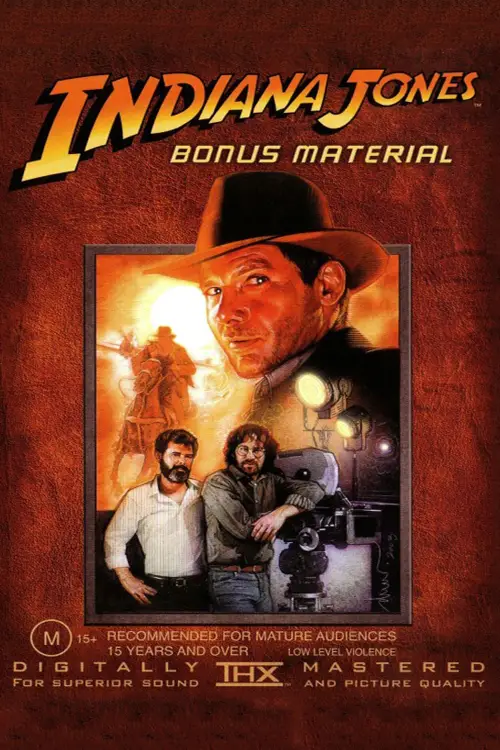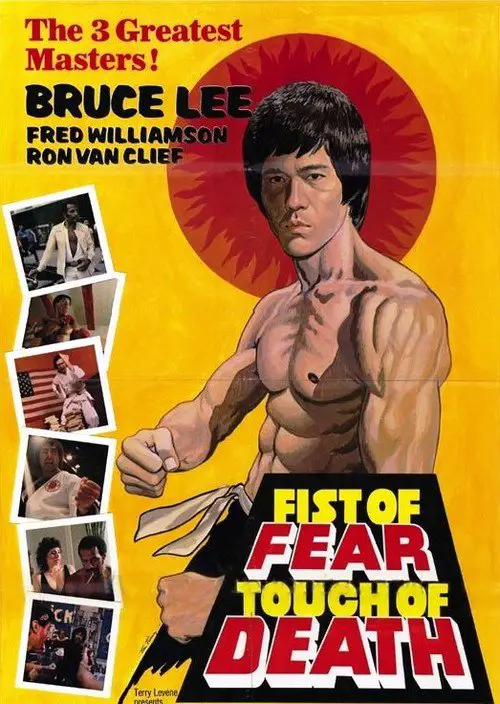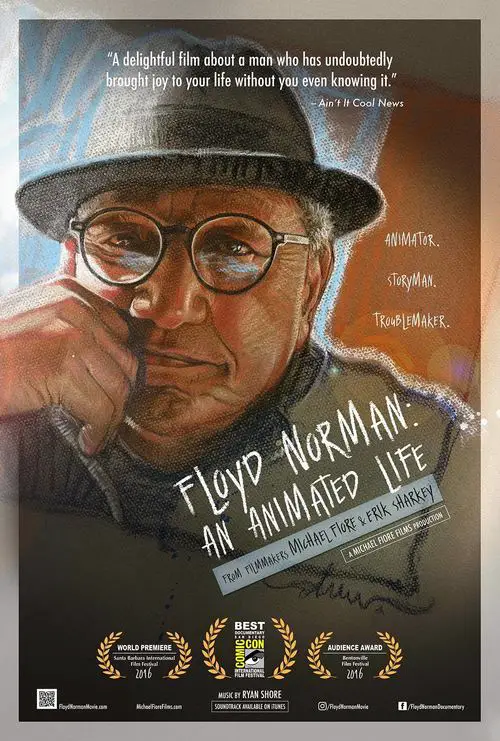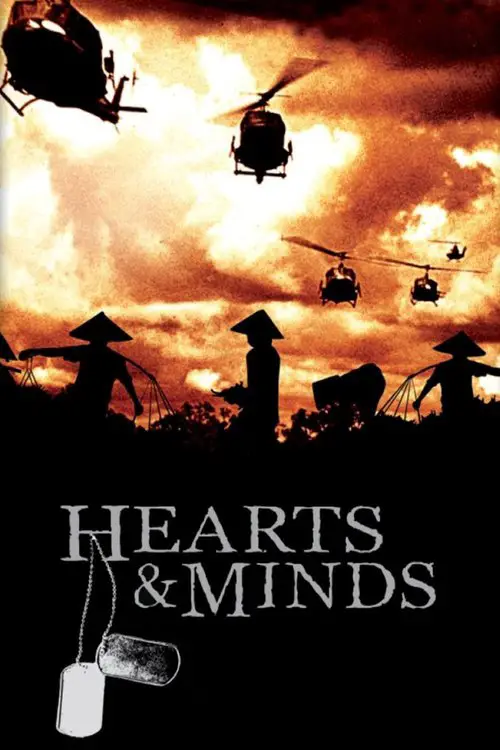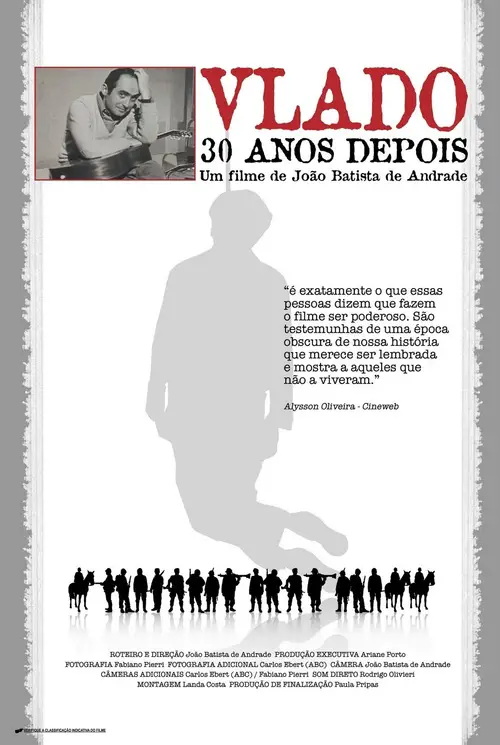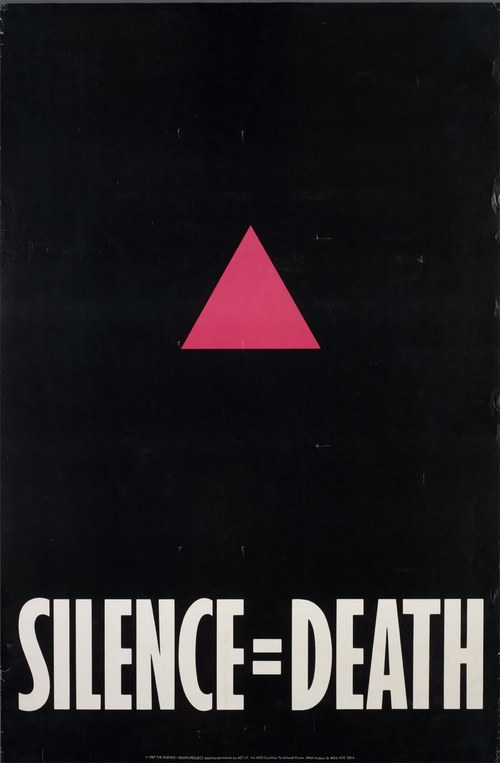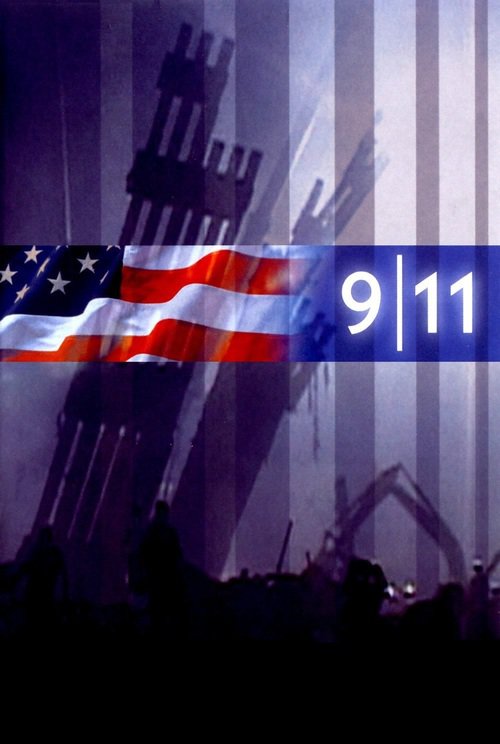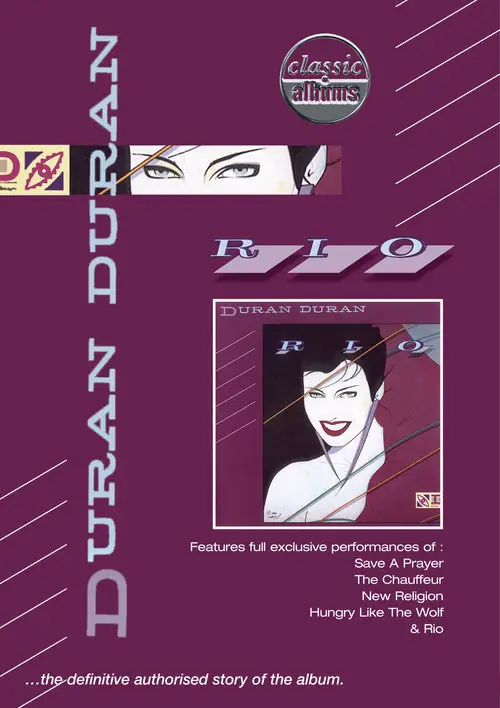Back in Time (2015)
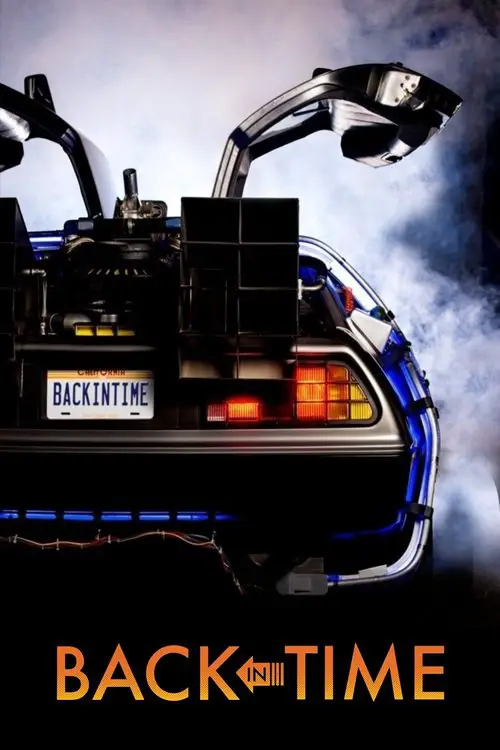
Similar movies
Romm's "Ordinary Fascism" pulls out all the stops in its selection of documentary material to draw the viewer not only into absolute horror about fascism and nazism in the 1920s-1940s Europe, but also to a firmest of convictions that nothing of the sort should be allowed to happen again anywhere in the world.
Using archival footage, United States Cabinet conversation recordings, and an interview of the eighty-five-year-old Robert McNamara, 'The Fog of War' depicts his life, from working as a WWII Whiz Kid military officer, to being the Ford Motor Company's president, to managing the American Vietnam War, as defense secretary for presidents Kennedy and Johnson.
Two filmmakers try to create a film venturing on the life of Jose Rizal. Before they do that, they try to investigate on the heroism of the Philippine national hero. Of particular focus is his supposed retraction of his views against the Roman Catholic Church during the Spanish regime in the Philippines which he expressed primarily through his two novels Noli Me Tangere and El Filibusterismo. The investigation was done mainly by "interviewing" key individuals in the life of Rizal such as his mother Teodora Alonso, his siblings Paciano, Trinidad, and Narcisa, his love interest and supposed wife Josephine Bracken, and the Jesuit priest who supposedly witnessed Rizal's retraction, Fr. Balaguer. Eventually, the two filmmakers would end up "interviewing" Rizal himself to get to the bottom of the issue.
Happy is a 2011 feature documentary film directed, written, and co-produced by Roko Belic. It explores human happiness through interviews with people from all walks of life in 14 different countries, weaving in the newest findings of positive psychology. Director Roko Belic was originally inspired to create the film after producer/director Tom Shadyac (Liar, Liar, Patch Adams, Bruce Almighty) showed him an article in the New York Times entitled "A New Measure of Well Being From a Happy Little Kingdom". The article ranks the United States as the 23rd happiest country in the world. Shadyac then suggested that Belic make a documentary about happiness. Belic spent several years interviewing over 20 people, ranging from leading happiness researchers to a rickshaw driver in Kolkatta, a family living in a "co-housing community" in Denmark, a woman who was run over by a truck, a Cajun fisherman, and more.
The Ching Dynasty novel The Dream of The Red Chamber is not only the most widely read, but also the most filmed book in Chinese history. The sprawling love story has proven a challenge to many filmmakers, but this version is acclaimed as the most successful. A sumptuous feature which took three years of planning and another for production, it was a hugely popular and critical hit which still stands out as a classic of both 18th century literature and 1960s moviemaking.
This movie tells the true story of John Reed, a radical American journalist around the time of World War I. He soon meets Louise Bryant, a respectable married woman, who dumps her husband for Reed and becomes an important feminist and radical in her own right. After involvement with labor and political disputes in the US, they go to Russia in time for the October Revolution in 1917, when the Communists siezed power. Inspired, they return to the US, hoping to lead a similar revolution. A particularly fascinating aspect of the movie is the inclusion of interviews with "witnesses", the real-life surviving participants in the events of the movie.
We are with Pasolini during the last hours of his life, as he talks with his beloved family and friends, writes, gives a brutally honest interview, shares a meal with Ninetto Davoli (Riccardo Scamarcio), and cruises for the roughest rough trade in his gun-metal gray Alfa Romeo. Over the course of the action, Pasoliniâs life and his art (represented by scenes from his films, his novel-in-progress Petrolio, and his projected film Porno-Teo-Kolossal) are constantly refracted and intermingled to the point where they become one.
Dolf a 15 year old boy is sent back in time by a timemachine. Accidentally he is sent back to the Middle Ages. He is rescued by children who are part of a childrens' crusade, on their way to rescue Jeruzalem. During the trip Dolf finds out the danger is not coming from outside the crusade, but from within.
Take a trip back to a time when New York City wasn't all glitz and glamour as filmmaker Celine Danhier offers a look at the birth of "No Wave Cinema" and the vibrant art scene that exploded out of the East Village in the late '70s. In the years before Ronald Reagan took office, Manhattan was in ruins. But true art has never come from comfort, and it was precisely those dire circumstances that inspired artists like Jim Jarmusch, Lizzy Borden, and Amos Poe to produce some of their best works. Taking their cues from punk rock and new wave music, these young maverick filmmakers confronted viewers with a stark reality that stood in powerful contrast to the escapist product being churned out by Hollywood. ~ Jason Buchanan, Rovi
A warm retrospective tribute on the life and career of actor James Stewart (1908-1997), hosted and narrated by Johnny Carson, with clips from many of his films and interviews with both Jimmy Stewart and several people who have worked with him.
Carson interviews Stewart in a casual setting while strolling through movie sets and some of the settings for some of Jimmy's best known films.
They discuss Mr. Stewarts philosophy of life and career. The movie clips shown cover the entire career of one of the most respected and beloved of American actors.
Also interviewed are Jimmy's wife, Gloria, Katherine Hepburn, Peter Bogdanovich, Clint Eastwood, Richard Dreyfuss, then President Reagan and first lady Nancy Reagan, Lee Remick and Gene Kelly.
The film follows the artist as she prepares for what may be the most important moment of her life: a major retrospective of her work at The Museum of Modern Art in New York. To be given a retrospective at one of the world's premiere museums is, for any living artist, the most exhilarating sort of milestone. For Marina, it is far more - it is the chance to finally silence the question she has been hearing over and over again for four decades: 'But why is this art?'
AMERICAN MOVIE is the story of filmmaker Mark Borchardt, his mission, and his dream. Spanning over two years of intense struggle with his film, his family, financial decline, and spiritual crisis, AMERICAN MOVIE is a portrayal of ambition, obsession, excess, and one man's quest for the American Dream.
Robert Durst, scion of one of New Yorkâs billionaire real estate families, has been accused of three murders but never convicted. Brilliant, reclusive, and the subject of relentless media scrutiny, heâs never spoken publiclyâuntil now. During interviews with Andrew Jarecki, he reveals secrets of the case that baffled authorities for 30 years. In 2010, Jarecki made the narrative film All Good Things based on the infamous story of Robert Durst. After Durst saw the film, he contacted Jarecki wanting to tell his story. What began as a feature documentary ultimately became a six-part series as more and more of his incredible story was revealed.
A year in the making, Still Screaming is the definitive documentary on the making of the iconic Scream movies. Dive into the fascinating success story of the classic trilogy with on-set footage and photos, and dozens of brand new interviews with cast and crew from all the films including Wes Craven, Neve Campbell, Liev Schreiber, Henry Winkler, Matthew Lillard, Jamie Kennedy, Laurie Metcalf, Parker Posey, Scott Foley and many others. Written and Directed by Ryan Turek and Produced by Anthony Masi.
This film is released as part of the ongoing 50th anniversary celebration of the Rolling Stones. It tells the story of the Stones' unparalleled journey from blues obsessed teens in the early 60s to their undisputed status as rock royalty. All of the Stones have been newly interviewed and their words form the narrative arc that links together archive footage of performances, news coverage, and interviews, much of it previously unseen. Taking its title from a lyric in "Jumpin' Jack Flash," this film gives the viewer an intimate insight into exactly what it's like to be part of the Rolling Stones as they overcome denunciation, drugs, dissensions, and death to become the definitive survivors. Over a year in the making and produced with the full cooperation and involvement of the Stones, this film is and will remain the definitive story of the world's greatest rock 'n' roll band
This dryly funny mockumentary about the lost work of a pioneering New Zealand film genius is probably one of the best examples of the faux-documentary genre. In fact, it was so successful that when it originally aired on New Zealand television, hundreds of viewers bought the premise hook, line, and sinker. If you didn't know any better yourself, it's entirely possible you might be duped into believing the extremely tall tale of one Colin MacKenzie, an ambitious filmmaker who made the world's first talking movie (years before The Jazz Singer), invented color film, and created a huge biblical epic that would put Cecil B. DeMille and D.W. Griffith to shame. Filmmaker Peter Jackson (Heavenly Creatures) shrewdly inserts himself into the film via his documentation of the "discovery" of McKenzie's lost epic, which for years was preserved in a garden shed.
Prominent Columbia University English and Comparative Literature professor Edward Said was well known in the United States for his tireless efforts to convey the plight of the Palestinian people, and in this film shot less than a year before his death resulting from incurable leukemia, the author of such books as {-Orientalism}, {-Culture and Imperialism}, and {-Power, Politics, and Culture} discusses with filmmakers his illness, his life, his education, and the continuing turmoil in Palestine. Diagnosed with the disease in 1991, Said struggled with his leukemia throughout the 1990s before refraining from interviews due to his increasingly fragile physical state. This interview was the one sole exception to his staunch "no interview" policy, and provides fascinating insight into the mind of the man who became Western society's most prominent spokesman for the Palestinian cause.
A retrospective documentary on filmmaker Andrew Leavold's debut feature, 'Lesbo-A-Go-Go' (2003). This is the tale of a man with big ideas but no budget who assembled a crew and set out to make a faux sixties exploitation film, the kind of film he would want to see though sadly at the time due to the niche nature of the subject matter very few else did. Despite its entrapment in distribution limbo for over a decade, 'Lesbo-A-Go-Go' has garnered a minor cult reputation internationally and this documentary explores the film's sordid production history as well as its enduring legacy. A no-holds-barred tell-all tale with interviews from cast, crew and industry professionals interspersed with never-before-seen alternate takes, bloopers and behind-the-scenes footage from the film.
Since the invention of cinema, the standard format for recording moving images has been film. Over the past two decades, a new form of digital filmmaking has emerged, creating a groundbreaking evolution in the medium. Keanu Reeves explores the development of cinema and the impact of digital filmmaking via in-depth interviews with Hollywood masters, such as James Cameron, David Fincher, David Lynch, Christopher Nolan, Martin Scorsese, George Lucas, Steven Soderbergh, and many more.
With exclusive access to his extraordinary unseen and unheard personal archive including hundreds of hours of audio recorded over the course of his life, this is the definitive Marlon Brando cinema documentary. Charting his exceptional career as an actor and his extraordinary life away from the stage and screen with Brando himself as your guide, the film will fully explore the complexities of the man by telling the story uniquely from Marlon's perspective, entirely in his own voice. No talking heads, no interviewees, just Brando on Brando and life.
A retrospective on the entire movie, from start to finish. There are interviews with many of the principle cast and crew (including Janet Leigh and Joseph Stefano), who all talk openly and lovingly about entire process of making the film. The sessions with Janet Leigh are particularly involving, and she talks a great deal about shooting the now infamous shower scene.
A behind-the-scenes retrospective made for the twenty-fifth anniversary of the classic horror film, The Exorcist. Includes interviews with Linda Blair and the other stars of the film, along with commentary from the director and writer on some of the deeper meanings behind the elements they used to terrify their audiences, and previously unreleased footage including make-up tests and deleted scenes.
"My father says if people don't come and see this movie, we'll starve," says Tate Sullivan, introducing his father's "The Beer Drinker's Guide to Fitness and Filmmaking." (Send canned goods to Auteur-Aid, care of Fred G. Sullivan, Saranac Lake, N.Y. 12983.) "The Guide" is the Sullivan family album, a grandiose home movie focused on the days and nights, life and times of "Adirondack" Fred. And you thought Molly Dodd was a schlemiel. Fred, the most self-obsessed creature since Garfield the Cat, produces, directs, writes, edits and stars in this offbeat, low-budget work. Fred's four children, Fred's tiresome wife Polly, Fred's business partners, psychiatrist, internist, teachers, neighbors, creditors, sommelier and so forth comment on the 42-year-old ne'er-do-well. -- Rita Kempley, Washington Post, 10 February 1989 http://www.washingtonpost.com/wp-srv/style/longterm/movies/videos/beerdrinkersguidetofitnessandfilmmakingpgkempley_a09fa8.htm
In this 1999 documentary, Pete Townshend, Roger Daltrey and John Entwistle discuss the making of what many consider the Who's greatest testament to Townshend's songwriting talent: their classic album "Who's Next." Others close to the group weigh in with insights about the late Keith Moon's importance to the band. The retrospective also features unseen performances of tunes from the platter, including "Won't Get Fooled Again" and "Baba O'Riley."
Bob Marley's universal appeal, impact on music history and role as a social and political prophet is both unique and unparalleled. Directed by Academy Award-winning director Kevin Macdonald (The Last King of Scotland), MARLEY is the definitive life story of the musician, revolutionary, and legend, from his early days to his rise to international superstardom. Made with the support of the Marley family, the film features rare footage, incredible performances and revelatory interviews with the people that knew him best.
A 1988 documentary film directed by Alexander Sokurov, about the later life and death of Soviet Russian filmmaker Andrei Tarkovsky. The film was originally intended to mark the 50th birthday of Tarkovsky in 1982, which would have been before his death. Controversy with Soviet authorities about the film's style and content led to significant delays in the production.
This film recounts the history and attitudes of the opposing sides of the Vietnam War using archival news footage as well as their own film and interviews. A key theme is how attitudes of American racism and self-righteousness militarism helped create and prolong this bloody conflict. The film also endeaveors to give voice to the Vietnamese people themselves as to how the war has affected them and their reasons why they fight the United States and other western powers while showing the basic humanity of the people that US propaganda tried to dismiss.
This flick interviews up and coming glam bands who made their home in the L.A. scene. Also interviewed are some of the genre's idols including Kiss, Aerosmith, Alice Cooper, Poison, Megadeth, Lemmy from Motorhead and of course, Ozzy. Also, spotlighted performances from bands such as Faster Pussycat, Odin, London (Nikki Sixx's old band), Seduce and Megadeth. The movie's range of topics include groupies, alcoholism, drugs, the glam image and why it attracted so many people from many walks of life. The movie's funniest (and saddest) segment includes filmmaker Penelope Spheeris's attempt to interview a W.A.S.P. guitarist in his pool, drunk as a skunk and with his MOM sitting right there!
Silence = Death is a 1990 documentary film directed, written and produced by Rosa von Praunheim. The film centers on the response of some New York City's artist to the AIDS epidemic. Interviewees includes East Village artist David Wojnarowicz, poet Allen Ginsberg, artists Keith Haring, Peter Kunz, Bern Boyle and many others. It is the first part of von Praunheim and Phil Zwicklerâs trilogy about AIDS and activism it was followed by Positive (the third part, about the Aids epidemic in Germany, was never released).
Unlike the films "World Trade Center" and "United 93", which are dramatizations of the events of September 11, this is an on-the-scene documentary following the events of September 11 from an insider's view, through the lens of two French filmmakers who were in Manhattan on that fateful day. Filmmakers James Hanlon and Jules and Gedeon Naudet were filming a documentary about a rookie New York City firefighter when they noticed a plane fly overhead and hit the World Trade Center. Being with those firefighters who where the first to respond to the tragedy, James Hanlon and the Naudets accompanied them and continued filming from the firemen's perspective. It later became known that their presence allowed them to capture the only known footage of the first plane strike, and from inside the Twin Towers.
This entry in the Classic Albums series examines RIO, the 1982 release that put Duran Duran on the road to stardom. Looking back at the creation and release of the hit singles "Hungry Like the Wolf," "Save a Prayer," and many others, the critical retrospective analyzes the album's overall effect on the musical landscape of the early 1980s. The optimistic and celebratory album generated a string of hit singles and groundbreaking videos, catapulting the band to global stardom. This DVD tells the story behind the writing, recording, and subsequent success of the album through newly filmed interviews, musical demonstrations, and both new and archival performances.
© Valossa 2015–2025
| Privacy Policy
